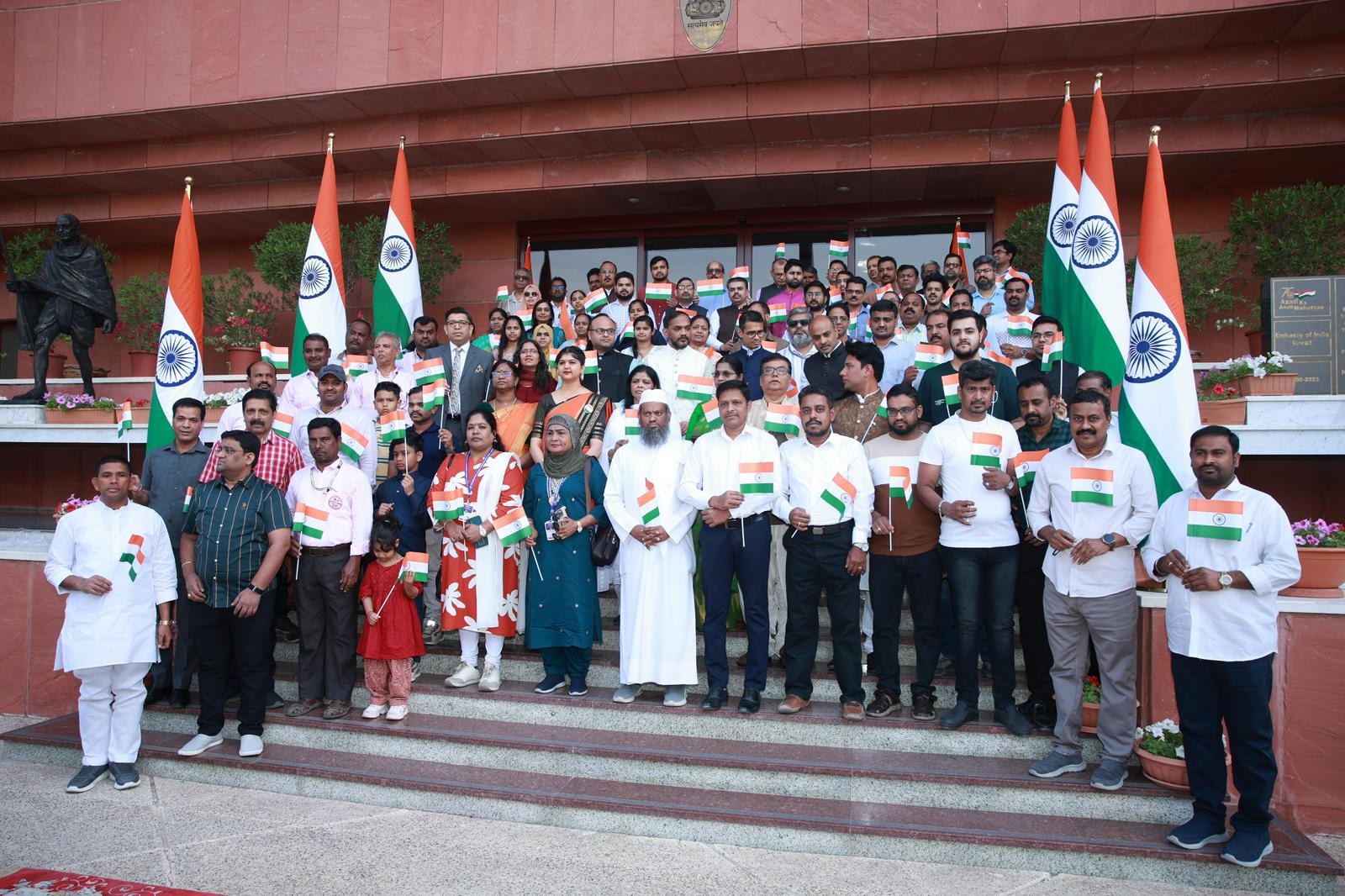Do not apply for a loan in Kuwait until you check your credit score (Ci-Net).
Before you apply for any loan, credit card, car finance, or instalment plan in Kuwait, check your Ci-Net credit score and credit report. This is what banks and finance companies look at when they decide approvals, limits, and pricing. Checking takes a few minutes, costs little (or nothing), and can save you from rejections, delays, or lower limits.
What Is the Ci-Net Credit Score & Why It Matters
Your Ci-Net score is a number that summarises how reliably you’ve handled credit in Kuwait. Higher is better. Lenders use it (with their own internal rules) to decide if they should approve you, how much to lend, and on what terms.
Ci-Net Score Levels (as shown in the report)
- Elite: 820–960
- Ultimate: 720–819
- Prime: 480–719
- Severe: 120–479
- Risk: 60–119
- Not Applicable: Not enough recent history to calculate a score (e.g., no usable data in the last ~2 years)
Rule of thumb: Aim for Prime or above (≥480) for healthier lending conversations. Each bank still applies its own policy.
What’s Inside Your Kuwait Credit Report
Your report shows your Kuwait credit footprint from when your credit history started:
- All credit you’ve taken: loans, credit cards, instalment accounts (open & closed)
- Limits, balances, monthly instalments
- Payment history (on-time/late), any defaults/overdues
- Inquiries (which banks/companies viewed your file)
- Your score level (and indicator/gauge)
If you see “standing not available”, it usually means there isn’t enough recent (~2-year) history to generate a score.
Official Ci-Net Links
- Website: https://www.cinet.com.kw/en/
- Email - customercomplaint@cinet.com.kw
- Hotline no - 1800808
- iOS – App Store: CINET Kuwait
- Android – Google Play: CINET Kuwait
- Huawei – AppGallery: search CINET Kuwait in AppGallery, or use Ci-Net’s QR page: QR Download
How to Check Your Credit Score on the CINET App (2–5 Minutes)
What you need: Civil ID, Kuwait mobile number (for OTP), email address, and K-Net/debit/credit card if you choose the paid report.
- Install the app (links above) and open it.
- Tap Create account → enter Civil ID, mobile number, and email → enter the OTP.
- Set your password and confirm your details.
- Tap Credit Report / Credit Score (Self-Inquiry).
- Choose:
- Free report and download
Free vs Paid — What’s the Difference?
- Free report (in-app view/basic PDF): shows your loans/cards, limits, balances, payment history, inquiries, and score level. Great for a quick health check.
- Paid self-inquiry (KD 5): gives an official, downloadable PDF you can keep for records and use for disputes (the report you attach must be issued within the last 15 days).
Does checking hurt my score? No—self-inquiry is a soft check and does not reduce your score.
Other Ways to Get Your Report & Score
- Ci-Net HQ (Printed Copy): Assima Tower, Floor 35, Mirqab, Kuwait City (Sun–Thu, business hours). Bring Civil ID → fill self-inquiry → pay (if applicable) → collect print.
- Through Your Bank (with consent): ask your bank to pull a self-inquiry; you’ll sign authorisation/consent. (Bank admin fees, if any, vary.)
Disputes: How to Fix Errors (Simple & Exact)
When to file: If something is wrong and your report was issued within the last 15 days.
Where/how: file in the CINET app/website (online services) or visit Ci-Net HQ (Assima Tower, Floor 35, Mirqab).
Attach (Individuals):
- Your credit report (≤ 15 days old)
- Valid Civil ID
- Supporting proof (e.g., bank closure letter, payment receipts, settlement letter)
Timelines: Ci-Net responds within 15 days from the date the concerned department receives your complaint. If you disagree, you can appeal to the Central Bank of Kuwait within 15 days of the decision.
Note: While a complaint is under review, Ci-Net handles the complaint only (not general enquiries on your file).
FAQs
Do expats get access?
Yes. Citizens and expatriates can both obtain their report and score after identity verification.
Can a bank check my report without permission?
No. Lenders require your explicit consent/authorisation to access your report.
I have no score. Why?
If it shows “Not Applicable” or “standing not available,” there isn’t enough recent (~2-year) history to produce a score. Your report will still list any available accounts/inquiries.
Is Ci-Net the lender or decision-maker?
No. Ci-Net is not a lender and does not approve or reject loans. Banks and finance companies decide using your report/score plus their own policies.
How often should I check my report?
Check before any major application and after big changes (e.g., loans closed, overdues cleared) to confirm updates and accuracy.
Is there a subscription?
No. You can pay per report. Any optional alerts the app may offer are separate.
Quick Tips to Improve Your Score
- Pay on time (use reminders or auto-pay)
- Keep card balances low versus limits
- Reduce outstanding debt steadily
- Avoid new debt spikes before applications
- Monitor regularly and dispute errors quickly










